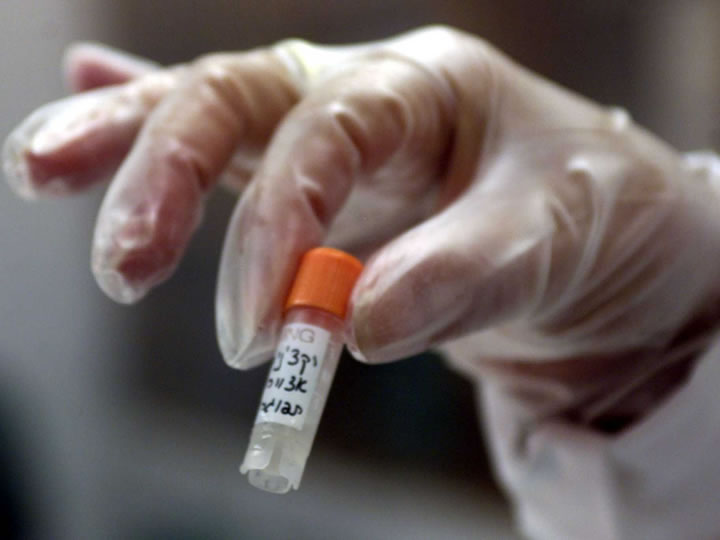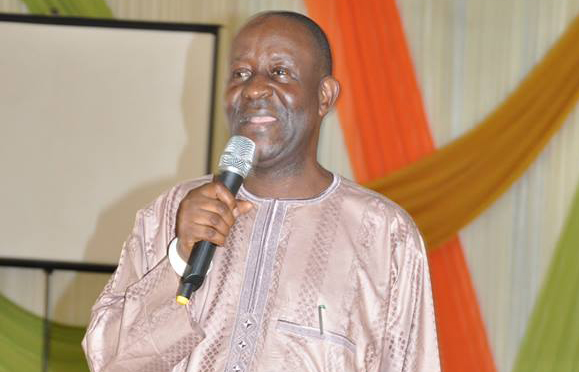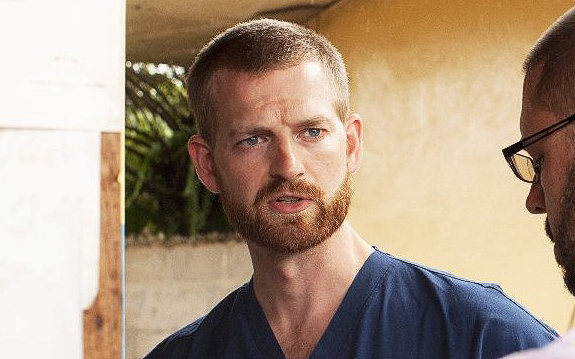Nigeria has requested for ZMapp, the trial drug for Ebola, from the United States Center for Disease Control to treat affected persons in the country.
The drug was administered to two American aid workers ─ Kent Brantly and Nancy Writebol ─ who appear to have survived the deadly virus after being taken gravely ill.
Both were flown to the United States after taking the experimental drug, which had only previously been administered to chimpanzees.
Nigeria is still waiting for a response from the American agency.
Advertisement
Information minister Labaran Maku and health minister Onyebuchi Chukwu briefed correspondents on Wednesday after the federal executive council meeting, which was presided over by Vice-President Namadi Sambo.
Onyebuchi, who said Ebola was now a national emergency, told the media: “Indeed the world is at risk. Nobody is immune. The experience in Nigeria has alerted the world that it takes just one individual to travel by air to a place to begin an outbreak.
“It is an emergency and secondly everyone is at risk. We have recorded seven confirmed cases that were in contact with the first imported case from Liberia. Yesterday, August 5th, we recorded first known Nigerian to die. She was one of the nurses that attended to the Ebola patient. All that have been identified are people who had direct contact with the Liberian. A total of four are in isolation ward and five are confirmed cases.”
Advertisement
He said for fear of stigmatisation, the identities of those infected will not be made public yet.
He gave tips on how to avoid contracting the virus.
“When you don’t need to give handshake please don’t, wash your hands and use hand sanitizer as often as you can in the interest of public health,” he said.
He said not everyone need wear hand gloves ─ the requirement is only for health personnel and immigration officers who are the most vulnerable.
Advertisement
He advised families of affected persons not to share bed sheets, pillow cases and towels, as they stand a great risk of contracting the virus through bodily fluid.
“If you are close to affected person you can contact via sneezing, coughing as they pass out droplets,” he said, warning that it is both contagious and infectious.
Chukwu said the virus is not infectious during incubation period.
In five days’ time, it will be 21 days that the infected person came into the country, and only then will those exposed to him be verified, he said.
Advertisement
Add a comment






